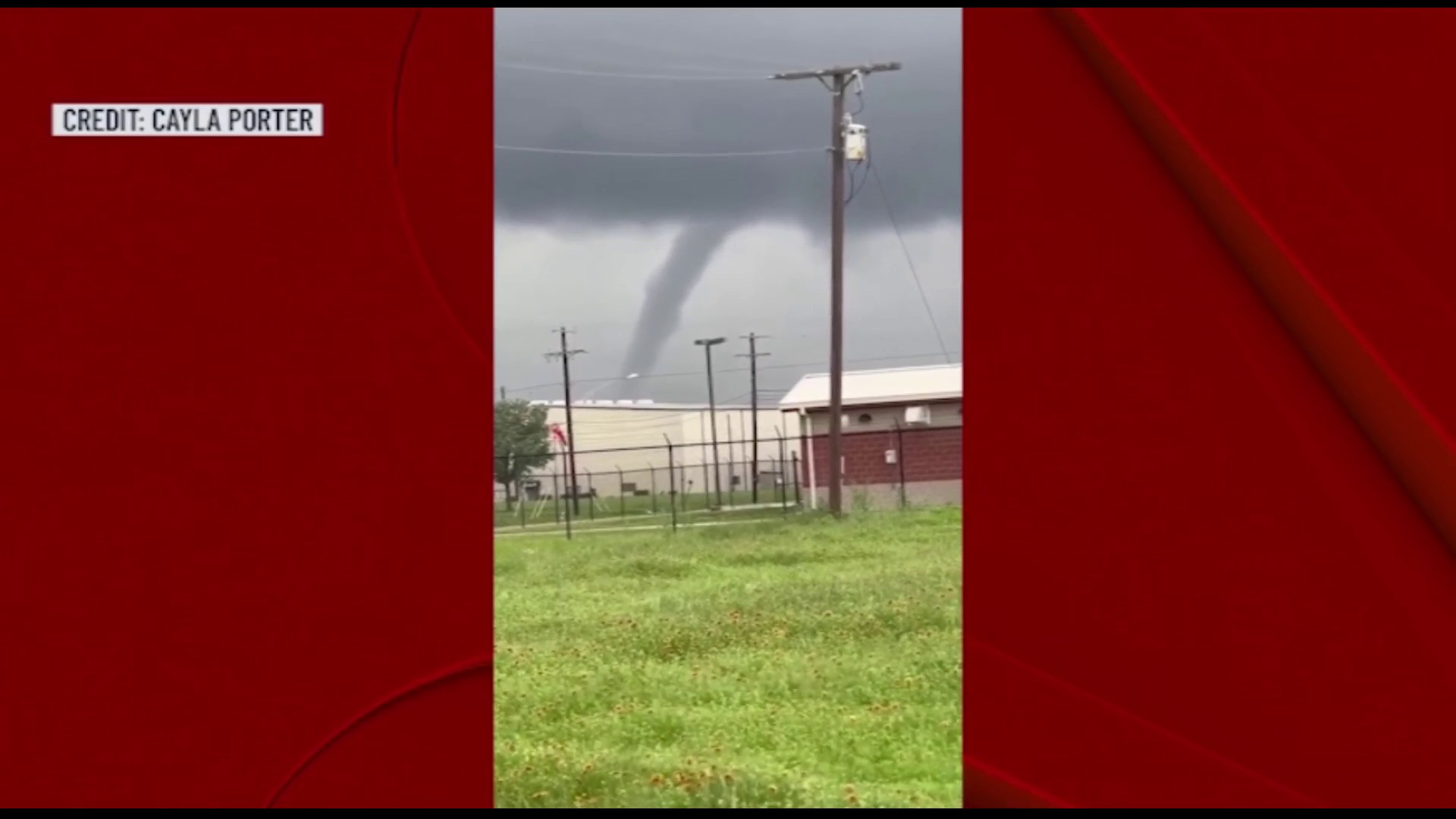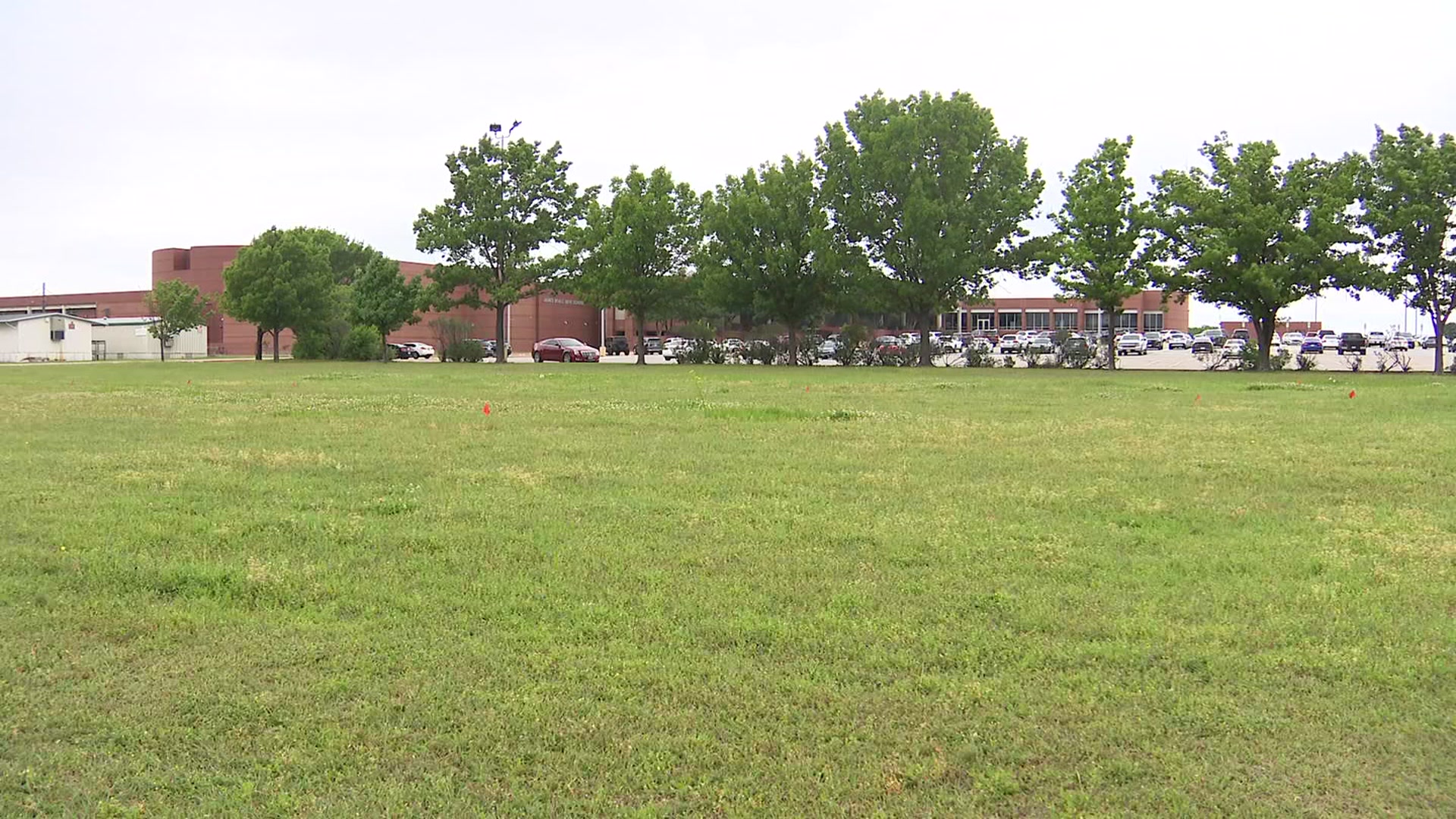The clock is ticking on the U.S. withdrawal from Afghanistan.
President Biden said, once again, Tuesday that next Tuesday is the deadline for the U.S. to be out.
Now, there are urgent pleas in Texas to speed up the evacuation effort.
“We've seen a lot of bottleneck in terms of who is getting into the airport,” said Laura Collins, director of the Bush Institute-SMU Economic Growth Initiative at the George W. Bush Institute.
Get DFW local news, weather forecasts and entertainment stories to your inbox. Sign up for NBC DFW newsletters.
The Institute, located in Dallas, has become a global leader in helping advance the role of women in Afghanistan.
Collins said women made enormous gains there over the past two decades.
“Where women weren't able to go shopping or go anywhere without a male escort to a place where women rose to prominent levels in government,” Collins said.
Local
The latest news from around North Texas.
Despite the Taliban's claims of more tolerance now, Collins said she has no doubt what life will be like under Taliban rule for those at the forefront of progress.
“We believe the Taliban has not changed and that they will resort to who they were before,” she said.
Collins said the U.S. government can speed up evacuations by cutting red tape for refugees and securing safe passage to the airport.
Rafi Azim is a former U.S. military interpreter who now lives in Austin with his family.
He said he returned to Afghanistan earlier this month to help his family move to Kabul, a city he thought would be safer for them.
Then the Taliban took over.
“My youngest brother called me, he's like 'run.' He said 'run, Kabul collapsed,'” Azim recalled.
Azim said it took three days to make it on a U.S. military flight out of Afghanistan after surviving a chaotic crush of people outside the airport's U.S. perimeter.
“It is not an airport. It is a front-line war. I've been in a war a lot, seen a lot of fires, gunfires, I never seen something like that, never,” Azim said.
He said he fears for his family’s safety and is urging U.S. leaders to evacuate the vulnerable from Afghanistan.
“It is my fault that I put my family's life in danger. I work with the Americans, they don't,” Azim said.



